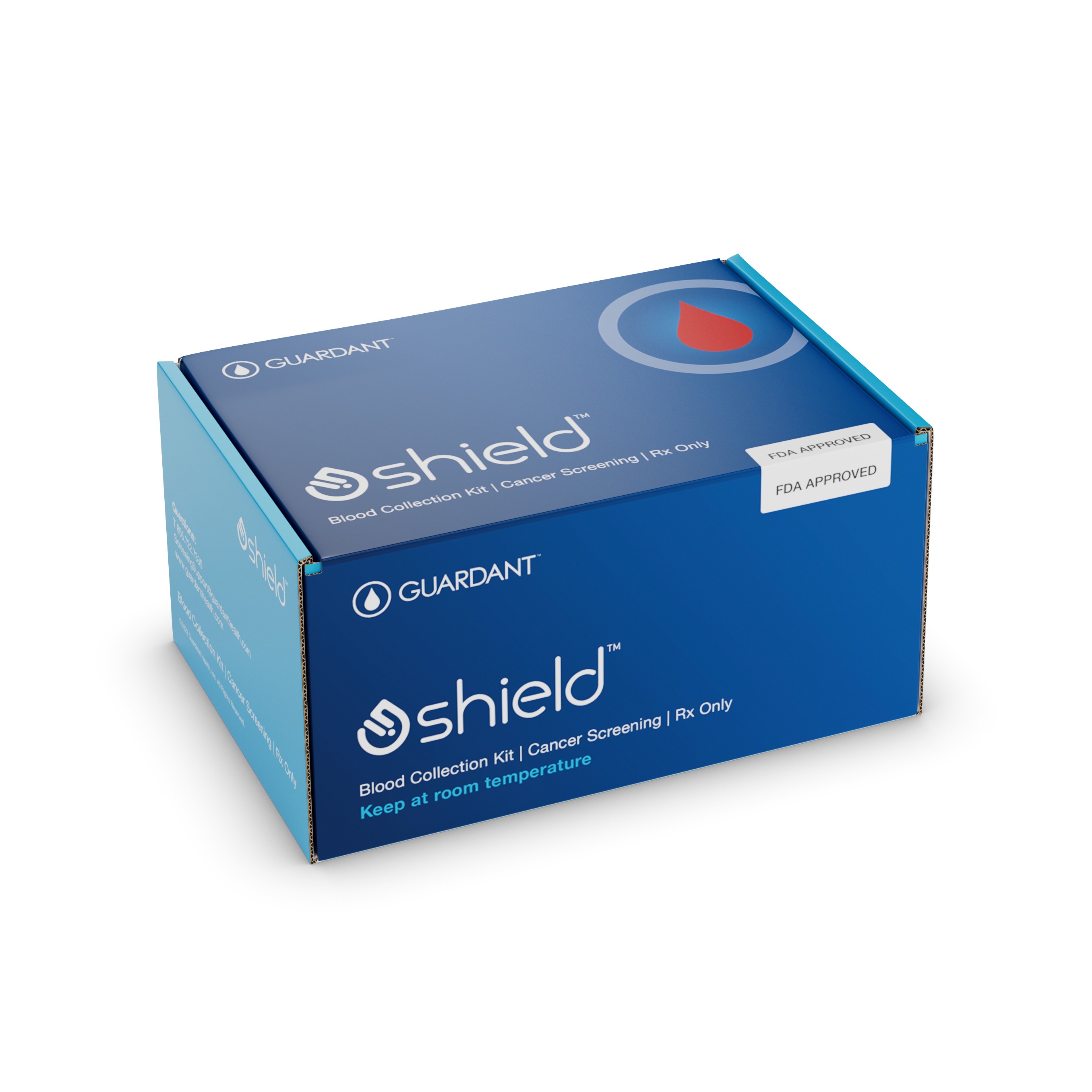Published on
Updated
Reading 3 min.
The United States has approved a blood test for screening adults at risk for colorectal cancer. The proposed option would be less invasive than a colonoscopy or a stool sample.
A simple blood test to detect colorectal cancer is what the United States will offer starting next week, thanks to an authorization from the Food and Drug Administration (American drug agency). The manufacturer of the test, Guardant Healtha biotechnology company based in Palo Alto, Calif., announced the news Monday that it would be the first approved blood screening test for colorectal cancer that meets Medicare reimbursement requirements.
A test effective in more than 80% of cases
The test, called “Shield,” works by detecting tumor DNA in blood samples. Research has shown it to have a sensitivity of about 83 percent and a specificity of 90 percent in a study of nearly 8,000 people published in March in the New England Journal of Medicine.
As a reminder, sensitivity refers to a test’s ability to accurately identify people with a disease, designating them as positive. Specificity refers to its ability to accurately designate people without the disease as negative.
- The study found that about 83% of participants diagnosed with colorectal cancer by colonoscopy tested positive for the disease on the Shield test, compared with about 17% who had a false negative;
- The test showed a sensitivity of about 88% in detecting stage I, II or III colorectal cancer and a lower sensitivity, about 13%, in detecting precancerous lesions;
- About 90% of study participants without advanced colorectal cancer or precancerous lesions had a negative blood test, compared with about 10% who had a false positive result.
A more practical tool for earlier detection
Why is this news important? First of all, because colorectal cancer is one of the most common in the United States, as in France. In the US, it is the second leading cause of death from cancer. In our country, it is the third most common cancer in men, after prostate and lung cancer, and the second most common in women after breast cancer. But according to the American Cancer Society, 70% of colorectal cancer deaths can be prevented through increased screening. However, it is estimated that more than one in three adults aged 50 to 75 do not participate in the recommended screening.

Current colorectal cancer screening options for people at average risk today include a stool test done annually or every three years and a colonoscopy, which uses a tube-like instrument called an endoscope to examine the lower part of the colon, every five years.But low participation rates in colorectal cancer screening show that existing screening options are not appealing to millions of people.”said Dr. Daniel Chung, a gastroenterologist in the accompanying statement. The blood test would therefore be a promising step toward providing more practical tools to detect colorectal cancer at an early stage while making it easier to treat.
This famous blood test intended for adults over 45 years old at average risk would not however be able to identify lesions or polyps in the colon or rectum, as a colonoscopy would do. But it can encourage more people to take the initiative to check their health.Most people would like to see a blood-based option that is more accurate in finding precursor lesions in addition to cancers. But what is rather remarkable about the colorectal cancer screeningis that people are more or less willing to take one test or another” ” says the press release.“We must give people a choice” he concludes.
